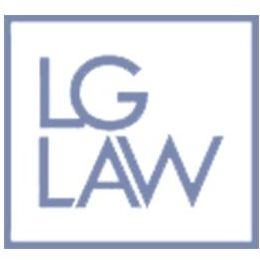Understanding Whistleblower Law in Kansas City
Understanding Whistleblower Law in Kansas City
Whistleblowing is a term that describes an employee who exposes illegal or unethical activities in their workplace. These activities could be anything from fraud and corruption to safety violations and environmental hazards. In many cases, whistleblowers are protected by the law from retaliation by their employers. This blog post will provide you with an overview of whistleblower law in Kansas City, including what it is, what protections are available to whistleblowers, and how LG Law LLC can assist you with any related legal matters.
What is Whistleblower Law?
Whistleblower laws are designed to protect employees who report illegal or unethical activities within their workplace. These laws exist at both the state and federal level, and they provide various protections for whistleblowers. In Kansas City, the primary whistleblower protection law is the Missouri Human Rights Act (MHRA). The MHRA prohibits employers from retaliating against employees who report discriminatory practices or other illegal activity within their workplace.
Can Employers Retaliate Against Whistleblowers?
No, employers cannot retaliate against whistleblowers under the MHRA. Retaliation can take many forms, including firing, demotion, harassment, or any other action that negatively impacts an employee's job or working conditions. If an employer retaliates against a whistleblower, they may be subject to legal action.
At LG Law LLC We Can Assist You With Whistleblower Matters.
If you have experienced retaliation after reporting illegal or unethical activity within your workplace in Kansas City, LG Law LLC can help you seek justice. Our experienced attorneys understand whistleblower law and are committed to holding employers accountable for violating your rights as a whistleblower. We can assist you with filing a complaint with the appropriate agency or court and represent you throughout the process.
How do I Report Illegal Activity Within My Workplace?
If you suspect that illegal activity is taking place within your workplace, it is essential to report it as soon as possible. You can report the activity to your supervisor, human resources department, or a government agency responsible for investigating such matters. Remember that you have legal protections as a whistleblower, so do not hesitate to speak up.
Whistleblower law is an essential protection for employees who witness illegal or unethical activities within their workplace. In Kansas City, the Missouri Human Rights Act provides whistleblowers with legal protections from retaliation by their employers. If you have experienced retaliation after reporting illegal activity in your workplace, LG Law LLC can help. Our experienced attorneys understand whistleblower law and are committed to fighting for your rights. Do not hesitate to contact us today for a free consultation.









